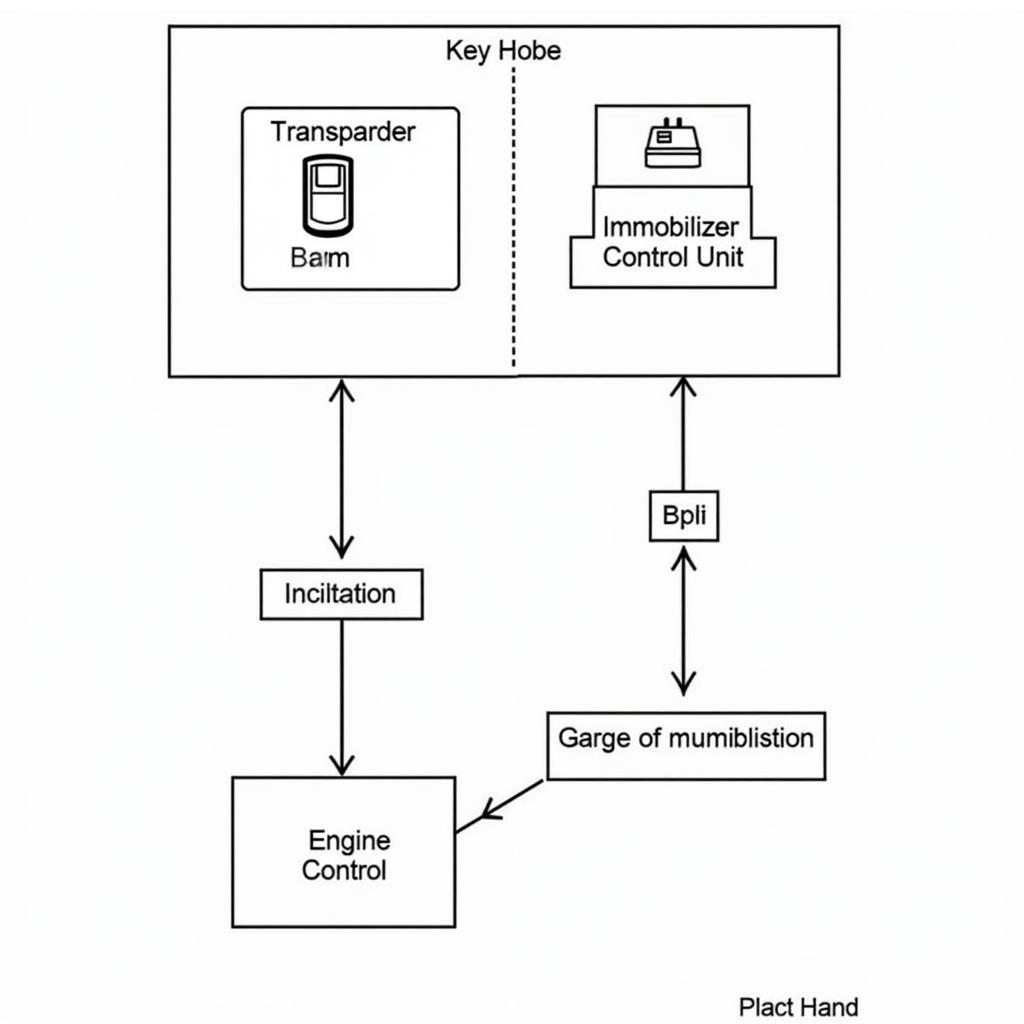A dead car battery is a frustrating experience, leaving you stranded and searching for answers. Whether it’s a sudden failure or a gradual decline, understanding the reasons for a dead car battery is crucial for preventing future occurrences. This guide delves into the common culprits behind a dead battery, offering solutions and preventative measures to keep your car running smoothly.
Common Culprits Behind a Dead Car Battery
Several factors can contribute to a dead car battery. Identifying the root cause is the first step toward a solution.
Extreme Temperatures: A Battery’s Worst Enemy
Extreme temperatures, both hot and cold, can significantly impact battery performance. Heat accelerates the chemical reactions within the battery, leading to faster discharge and eventual failure. Conversely, cold temperatures thicken the battery’s internal fluids, making it harder for the battery to deliver power.
Parasitic Drain: The Silent Battery Killer
Even when your car is off, certain electrical components continue to draw power, a phenomenon known as parasitic drain. Faulty wiring, malfunctioning interior lights, or aftermarket accessories left on can slowly drain your battery over time, leading to a dead battery, especially if the car sits unused for extended periods.
Old Age: The Inevitable Decline
Like any other component, car batteries have a limited lifespan. Over time, the battery’s internal plates deteriorate, reducing its ability to hold a charge. A typical car battery lasts between three to five years, but various factors such as driving habits and climate can affect its longevity.
 Signs of an Old Car Battery
Signs of an Old Car Battery
Faulty Alternator: The Power Source Problem
The alternator is responsible for recharging the battery while the engine is running. A faulty alternator fails to replenish the battery’s charge, eventually leading to a dead battery. Signs of a failing alternator include dimming headlights, flickering interior lights, and unusual noises from the engine compartment.
How to Diagnose a Dead Car Battery
Identifying the specific reason for a dead car battery requires some troubleshooting.
Checking the Battery Voltage
Using a multimeter, check the battery voltage. A reading of 12.6 volts or higher indicates a healthy battery. A lower reading suggests a problem with the battery or the charging system.
Inspecting the Terminals
Check the battery terminals for corrosion. Corrosion can hinder the flow of electricity, leading to starting problems. Clean the terminals with a wire brush and baking soda solution if necessary.
Preventative Measures for a Healthy Car Battery
Maintaining a healthy car battery can prevent unexpected breakdowns and extend its lifespan.
Regular Battery Testing
Have your battery tested regularly, especially during extreme weather conditions. Regular testing can help identify potential problems before they lead to a dead battery.
Limiting Short Trips
Short trips prevent the alternator from fully recharging the battery. Try to combine errands or take longer drives to allow the alternator to do its job.
Conclusion
Understanding the reasons for a dead car battery empowers you to take proactive steps to prevent future occurrences. By following the preventative measures outlined in this guide and addressing any underlying issues promptly, you can ensure reliable starting and avoid the frustration of a dead battery. Remember, a little maintenance goes a long way in keeping your car running smoothly.
FAQ
-
How can I tell if my car battery is dying? A slow engine crank, dimming headlights, and clicking sounds when turning the key are common signs of a dying battery.
-
Can I jump-start a dead battery myself? Yes, you can jump-start a dead battery using jumper cables and another vehicle with a working battery. However, follow proper safety procedures to avoid accidents.
-
How often should I replace my car battery? It’s generally recommended to replace your car battery every three to five years, depending on driving habits and climate.
-
What should I do if my car battery keeps dying? If your car battery keeps dying, have a professional mechanic diagnose the problem. It could be a faulty alternator, parasitic drain, or other underlying issue.
-
Can I leave my car lights on overnight? Leaving your car lights on overnight can drain the battery, especially older batteries. Make sure to turn off all lights and accessories before leaving your car.
-
Does driving style affect battery life? Frequent short trips can shorten battery life as the alternator doesn’t have enough time to recharge the battery fully.
-
How can I extend the life of my car battery? Regularly cleaning the battery terminals, avoiding extreme temperatures, and limiting short trips can help extend the life of your car battery.



